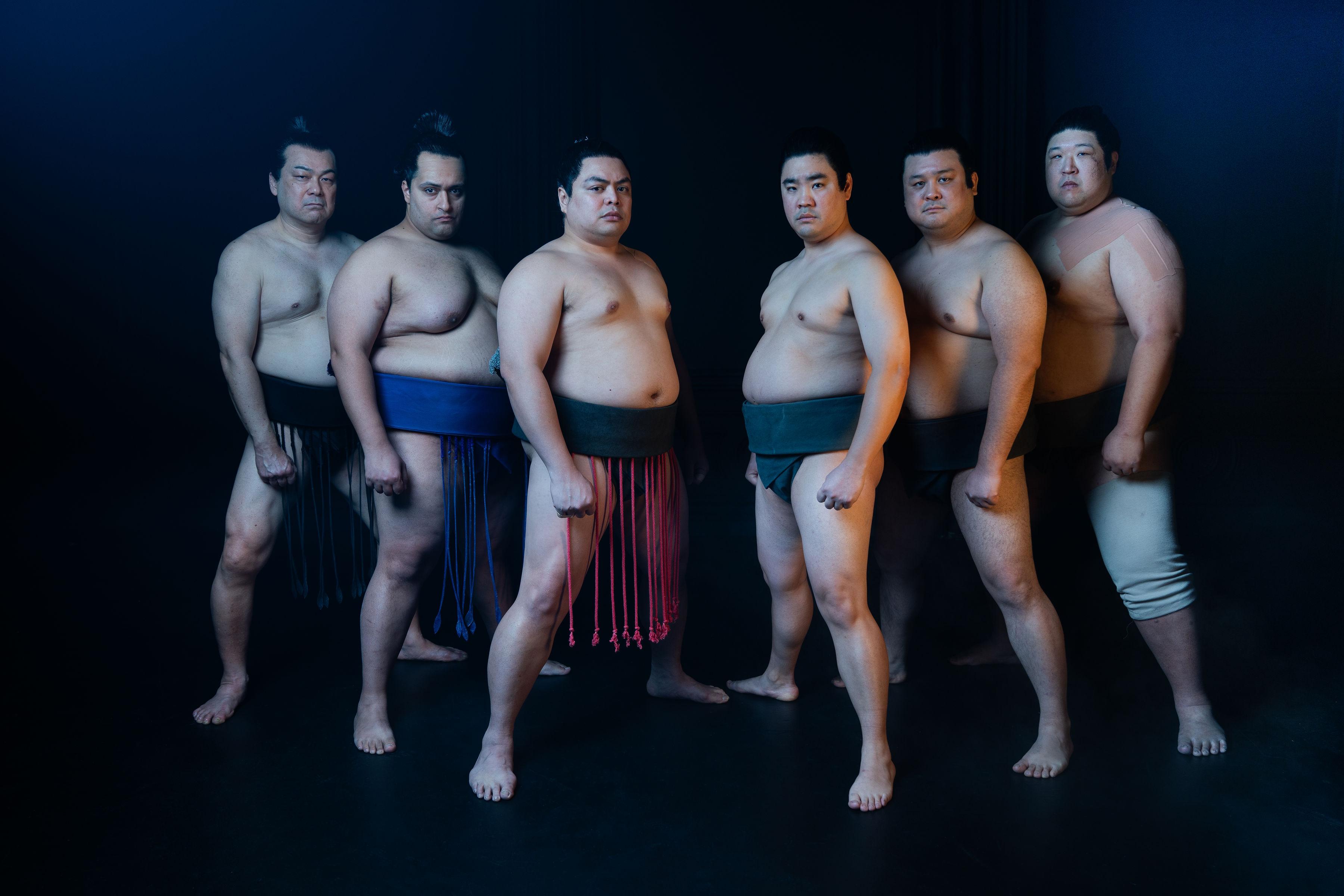Melissa Yamaguchi, an energy therapist and Feng Shui educator, shared some tips on how to harness the best energy coming into the New Year:
• DECLUTTER. Up until Feb. 6, it is the best time to declutter and get rid of old files by legally storing or shredding them. For example, untouched business cards and old papers should be disposed of because they represent lost contacts and unfinished business. It’s not just about stacking and organizing these items, Yamaguchi said, but rather removing them from your workplace. “It’s old information and old money spent,” she said. Additionally, wastebaskets at home and at work should be emptied daily. On the 14th day of the new year, it is encouraged to clean the house again to remove traces of celebration.
• DONATE. Gather items at home that are no longer useful — whether clothing, furniture or dinnerware — and donate them if they are still in good condition. “Donating not only provides for those who don’t have…but it clears the way for new possibilities in your own life..in terms of movement and creativity,” Yamaguchi said. “When we are stagnated by things that are old, it really blocks new energy from coming in.” Repairing and gluing broken items is seen as bad luck because when an item breaks, it absorbs negative energy.
• NO BEGGING. On the eve of Chinese New Year, it is considered bad luck to beg and ask for a loan. It is strongly encouraged to not ask parents/other relatives for money, but exchanging red envelopes is okay. However, the red envelopes are not supposed to be opened until the day after. When you lend someone money on Chinese New Year, Yamaguchi said, it sets the tone that s/he will be begging for money for the entire year.
• ALL THINGS RED. Red is a special color in Chinese culture because it signifies energy, happiness and good luck.
- RED ENVELOPES. One of the defining symbols of Chinese New Year is a red envelope (hongbao in Mandarin), which contains money to be given as gifts, usually to kids from their parents, grandparents and other adults. Though you may give any amount you’re comfortable with, Yamaguchi said you should offer the most to your parents. According to China Highlights, giving a red envelope is a way to share your blessings if you have started earning money, and suggests that parents should be given $100-$300; $10-$30 for close friends and relatives’ children; $20-$200 for employees; $20 for your own children; and $5-$10 for acquaintances’ children.
- RED CLOTHING. Yamaguchi suggests purchasing at least one new item of red clothing, as the color attracts the strongest energetic response. On New Year’s day, red clothing must be worn to represent vitality and strength.
- RED DECORATIONS. Anything red, such as tablecloth, flowers or lanterns, should be brought into the home because they offer prosperity and goodwill.
• TIME FOR FAMILY. On Feb. 8, it is important to spend time with family and friends. New Year’s Eve (Feb. 7) should be a family reunion, which can be marked by a dinner of close family members. The meal should be spent talking about future plans and dreams, never anything negative. On the second day of the new year, it is custom to visit in-laws, and it is also recognized as the day to be kind to dogs and animals. It is discouraged to eat any kind of meat. On the third day, it is encouraged to go to bed early and not to eat pork — both of which show that you are putting your health first. On the sixth to the tenth day, it is expected to visit and celebrate with others.
• REMOVE NEGATIVE ENERGY. At midnight, open windows and doors at home to allow negative energy from 2015 to leave.
• DON’T SWEEP. It is largely discouraged to avoid using scissors or a broom on the first day of the new year because it means you cut/sweep away possibilities.
• GREET OTHERS WITH HAPPY THOUGHTS. According to tradition, ringing in the new year means spreading happy thoughts when speaking to others.
(Feng Shui tips and Chinese New Year traditions as told to Christina M. Oriel / AJPress by Melissa Yamaguchi. You may contact Melissa at myenergymylife@gmail.com)





